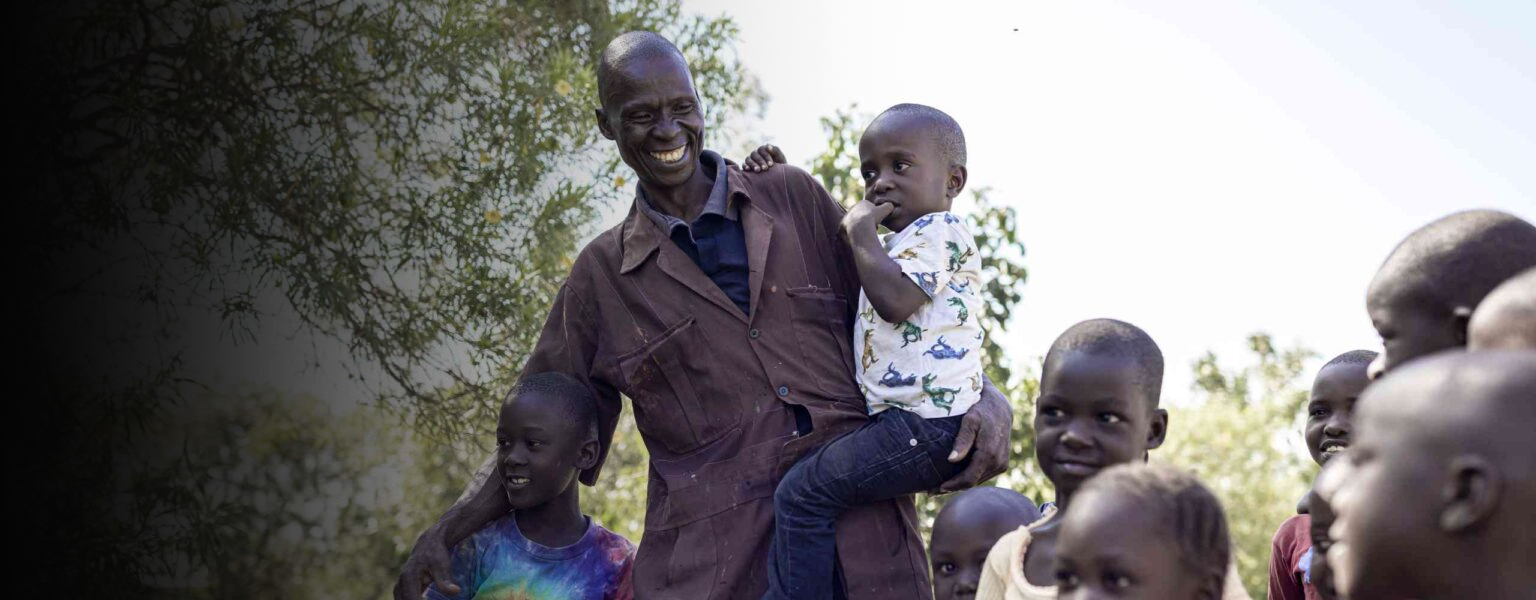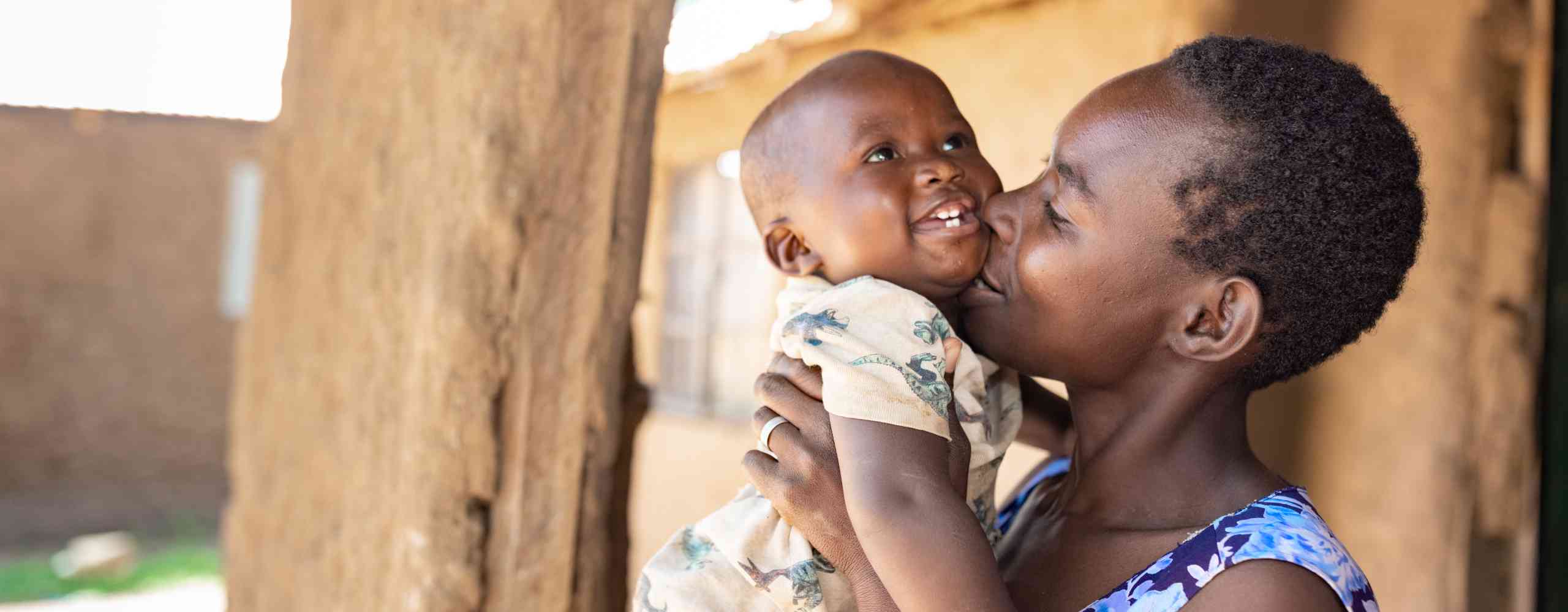

During the first few years of life, a child’s brain is built, creating the foundation for the future. Stable, responsive, nurturing care is critical to enable young children to reach their full potential—beginning prenatally. Nurturing care is also key for mitigating the effects of adversity. Parents and other caregivers must be supported by policies and programs so that they are able to provide nurturing care—this includes attention to mental and physical health, adequate nutrition, safety and security, responsive caregiving and opportunities for early learning.
The Conrad N. Hilton Foundation’s Early Childhood Development (ECD) Initiative takes a holistic, two-generation approach to ensure caregivers and their young children receive the support they need in this critical phase of life. In doing so, we seek to break the cycle of intergenerational poverty, forging a path to improved education, economic and health outcomes for families and communities.

Our vision is to ensure that children from prenatal to age three reach their full potential. We achieve this by investing in a two-generation approach that empowers caregivers and strengthens health services, providers, and policies for better child development outcomes.
Improve caregivers’ parenting knowledge and practices.
Support parents’ and caregivers’ well-being, with additional resources for those under 24 years of age.
Strengthen capacity of local organizations and systems to improve service delivery.
Advance the Early Childhood Development field through policy, advocacy and outreach with the aim of integrating ECD into health systems.
Conduct research and evaluation with the aim of sharing best practices, lessons learned and innovative approaches.
Improve investments in ECD, especially in communities facing adversity and extreme poverty.


By investing in integrated Early Childhood Development in areas affected by poverty and adversity, we contribute to the prosperity and social cohesion of families and communities. Our two-generation approach ensures that children ages 0-3 are developmentally on track and ready for school at age five. Simultaneously, it provides parents and caregivers with the support and resources they need to enable their children’s healthy development and thrive both economically and emotionally. Drawing on this locally driven, systems-strengthening ECD strategy, the Foundation is supporting efforts to take an ecosystem approach that centers on local assets and equity.
S25 Results as of October 2025 – the initiative has contributed to the following results across Kenya, Mozambique, Tanzania, and the U.S. since the strategy was launched in 2021:
We focus on underserved communities in East and Southern Africa (Kenya, Mozambique and Tanzania) and within the United States (Los Angeles County and the state of New Mexico).